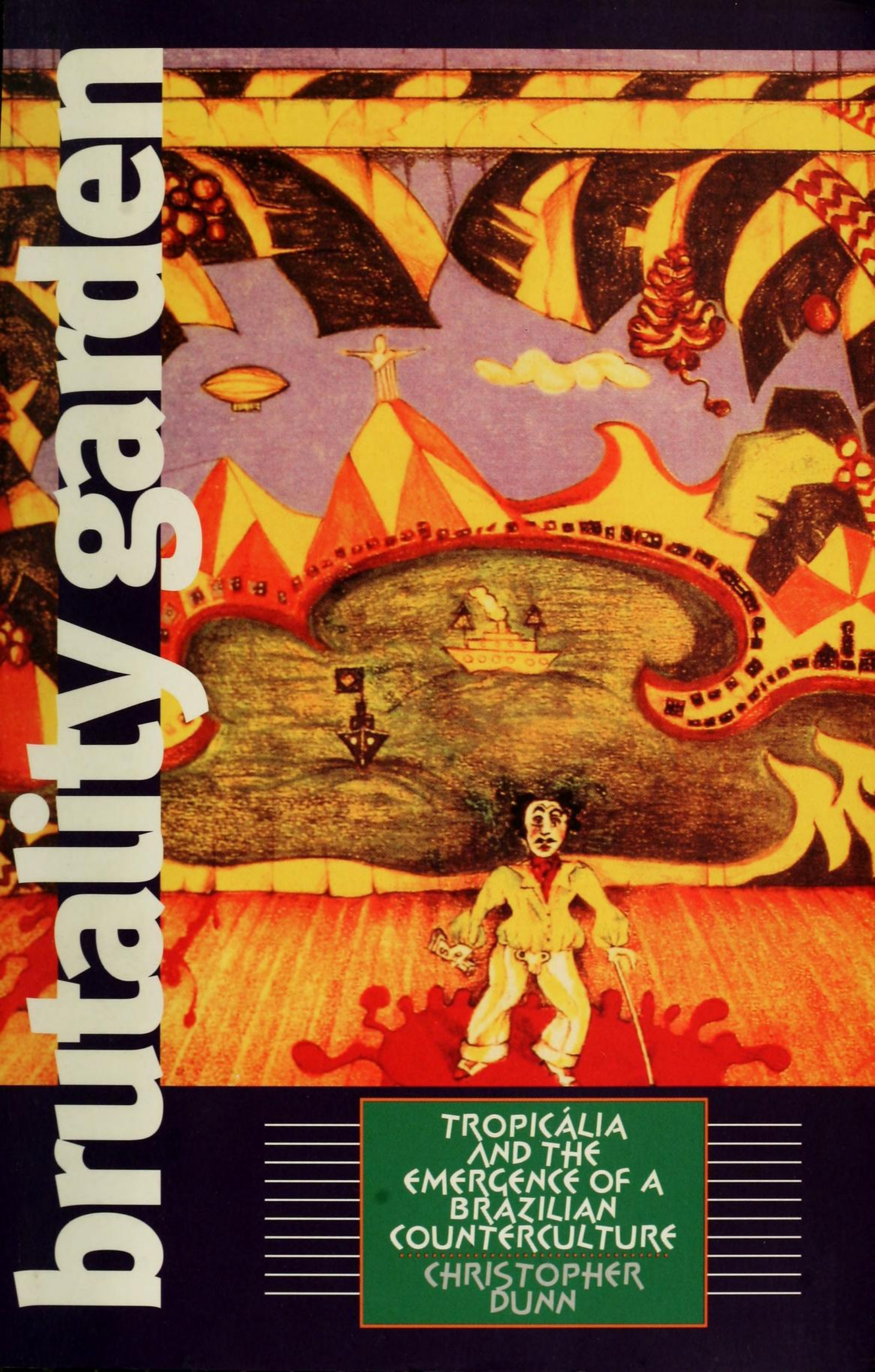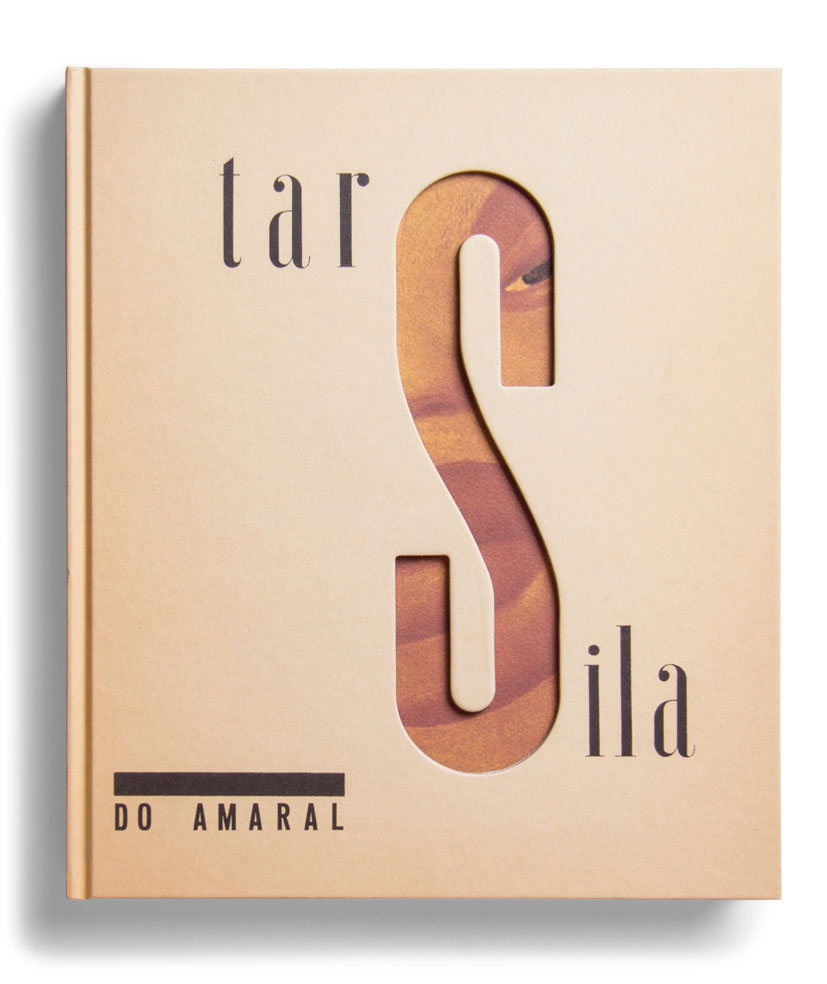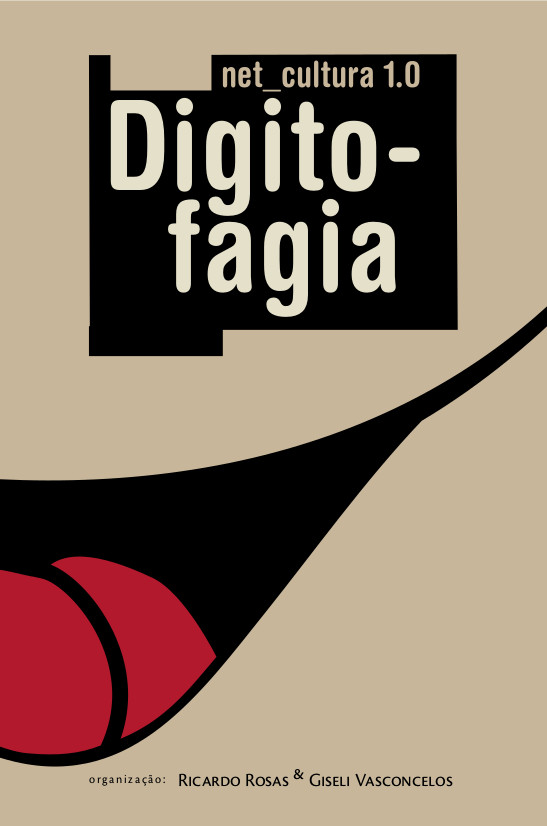Christopher Dunn: Brutality Garden: Tropicália and the Emergence of a Brazilian Counterculture (2001)
Filed under book | Tags: · brazil, counterculture, cultural history, music, music criticism, music history, tropicalia

“In the late 1960s, Brazilian artists forged a watershed cultural movement known as Tropicália. Music inspired by that movement is today enjoying considerable attention at home and abroad. Few new listeners, however, make the connection between this music and the circumstances surrounding its creation, the most violent and repressive days of the military regime that governed Brazil from 1964 to 1985. With key manifestations in theater, cinema, visual arts, literature, and especially popular music, Tropicália dynamically articulated the conflicts and aspirations of a generation of young, urban Brazilians.
Focusing on a group of musicians from Bahia, an impoverished state in northeastern Brazil noted for its vibrant Afro-Brazilian culture, Christopher Dunn reveals how artists including Caetano Veloso, Gilberto Gil, Gal Costa, and Tom Zé created this movement together with the musical and poetic vanguards of São Paulo, Brazil’s most modern and industrialized city. He shows how the tropicalists selectively appropriated and parodied cultural practices from Brazil and abroad in order to expose the fissure between their nation’s idealized image as a peaceful tropical “garden” and the daily brutality visited upon its citizens.”
Publisher University of North Carolina Press, Chapel Hill, NC, 2001
ISBN 0807849766, 9780807849767
276 pages
PDF (82 MB)
Comment (0)Tarsila do Amaral (2009) [EN, ES]
Filed under catalogue | Tags: · anthropophagy, art, art history, avant-garde, brazil, cubism, painting

“Tarsila do Amaral (1886-1973) is one of the major figures of the Latin American vanguard and the symbol of Brazilian Modernism. Exotic, sophisticated and cosmopolitan, she spent two intensive periods in Paris, where she completed what she called the ‘military service’ of Cubism and fed on European avant-garde currents, like a civilized anthropophagite. Upon returning to her country, the digestion of that banquet and her rediscovery of the colors and shapes of her childhood spent in the Brazilian interior would, around 1920, give rise to the most dazzling epoch of her painting.
This catalogue approaches the artist from the remote past of her country, supplemented by the works and writings of her contemporaries as well as essays by experts on her painting.”
Publisher Fundación Juan March, Madrid, and Editorial de Arte y Ciencia, Madrid, 2009
ISBN 9788470755613 (EN)
295 pages
English: PDF, PDF (14 MB), View online
Spanish: PDF, PDF (24 MB), View online
Ricardo Rosas, Giseli Vasconcelos (eds.): net_cultura 1.0: Digitofagia (2006) [BR-PT]
Filed under book | Tags: · activism, anthropophagy, art, brazil, cyberfeminism, digital culture, hacktivism, media activism, politics, tactical media, technology, web

A collection of essays contextualizing actions and initiatives in Brazil’s net culture and hacktivism, edited by the late Ricardo Rosas and Giseli Vasconcelos and coming out of their experience creating Festival Digitofagia in 2004.
“Digitofagia é resultado de um processo coletivo de pensamento gerado durante a concepção, planejamento e realização de um festival de mídia tática, no Rio de Janeiro e em São Paulo, no ano de 2004, que discutiu, entre outras coisas, a necessidade urgente de “abrasileirar” práticas de mídia-ativismo que até então eram teorizadas, praticadas e planejadas sob a influência de teorias e práticas aparentemente alheias ao contexto brasileiro.
A concepção de Digitofagia foi pensar uma pratica antropofágica que se reatualiza no contexto da cultura digital, reabastecendo seu viés libertário. Para tanto, abraçar práticas espontâneas na cultura contemporânea brasileira, como a pirataria, os camelôs e a gambiarra, seria, quem sabe, formas de trazer a mídia tática para um campo mais familiar e mais cotidiano aos praticantes, teóricos e activistas brasileiros. Afinal, a própria cultura brasileira é um codigo (em) aberto.”
“Composto por 35 textos de escritores, ativistas, pesquisadores, acadêmicos e artistas preocupados com os caminhos do ativismo político-artístico nos tempos da globalização digital, Digitofagia é fruto da inesgotável energia e alegria de Ricardo Rosas (1969-2007), que primeiro pensou e organizou, ao lado de Giseli Vasconcelos, os textos selecionados para este volume.”
Publisher Radical Livros, São Paulo, with Sarai/CSDS, Delhi, and Waag Society, Amsterdam, 2006
Creative Commons BY-SA-NC 2.5 Brazil
ISBN 8598600048, 9788598600048
347 pages
Commentary: Paul Keller (2009), Geert Lovink (2009).
Comment (0)
